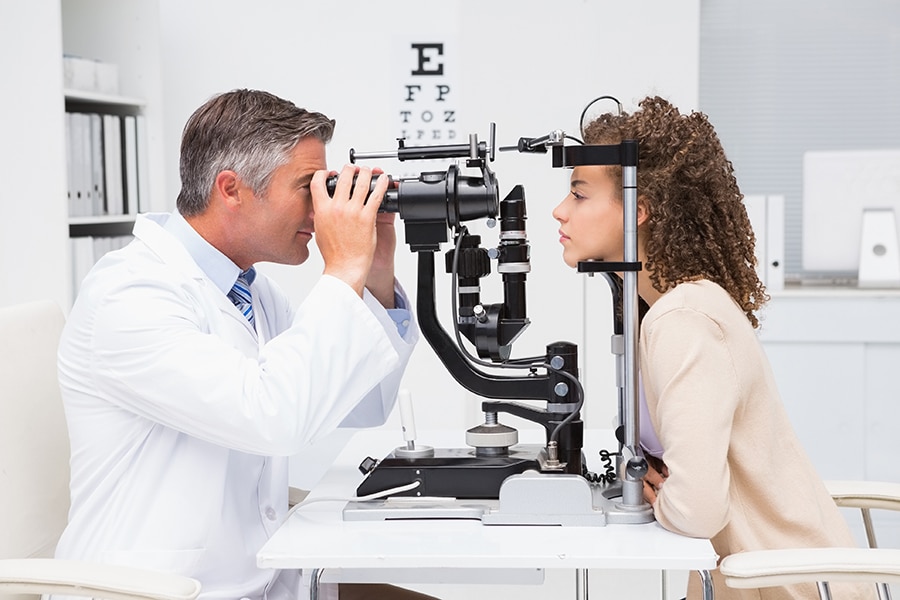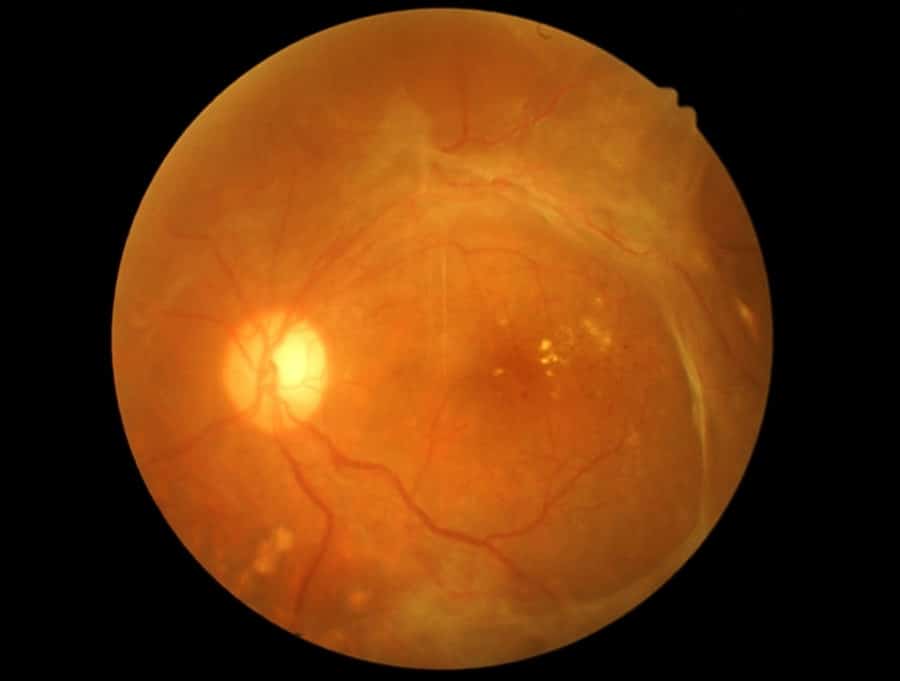Comprehensive Eye Examination

We provide comprehensive eye care to patients of all ages. Our services include not only laser vision correction and small-incision cataract surgery but also treatments for a range of conditions such as glaucoma, the diabetic eye, dry eye and macular degeneration.
Regular eye exams are an invaluable tool in maintaining your eyes health by detecting and preventing disease. Some diseases develop slowly without causing pain or vision loss. Early detection of any problems can reduce the risk of further harm and allow for a choice of treatment options.
Diabetic Retinopathy Treatment

Diabetic retinopathy is a complication of diabetes that weakens the blood vessels that supply nourishment to the retina (the light-sensitive lining in the back of the eye where vision is focused). These weak vessels can leak, swell or develop thin branches, causing a loss of vision. In its advanced stages, the disease can cause blurred or cloudy vision, floaters and blind spots – and, eventually, blindness. This damage is irreversible.
Fortunately, diabetic retinopathy is preventable. People with diabetes are most susceptible to developing it, but your risk is reduced if you follow your prescribed diet and medications, exercise regularly, control your blood pressure, and avoid alcohol and cigarettes. Regular eye exams are an integral part of making sure your eyes are healthy.
Although damage caused by diabetic retinopathy cannot be corrected, patients diagnosed with the condition can be treated to slow its progression and prevent further vision loss. Treatment modalities include laser and surgical procedures.
Diabetic Retinopathy Treatment
Glaucoma is a leading cause of blindness in the U.S. It occurs when the pressure inside the eye rises, damaging the optic nerve and causing vision loss. The condition often develops over many years without causing pain or other noticeable symptoms – so you may not experience vision loss until the disease has progressed.

Sometimes symptoms do occur. They may include:
- Blurred vision
- Loss of peripheral vision
- Halo effects around lights
- Painful or reddened eyes
People at high risk include those who are over the age of 40, diabetic, near-sighted, African-American, or who have a family history of glaucoma.
To detect glaucoma, your physician will test your visual acuity and visual field as well as the pressure in your eye. Regular eye exams help to monitor the changes in your eyesight and to determine whether you may develop glaucoma. Once diagnosed, glaucoma can be controlled. Treatments to lower pressure in the eye include non-surgical methods such as prescription eye drops and medications, laser therapy, and surgery.

